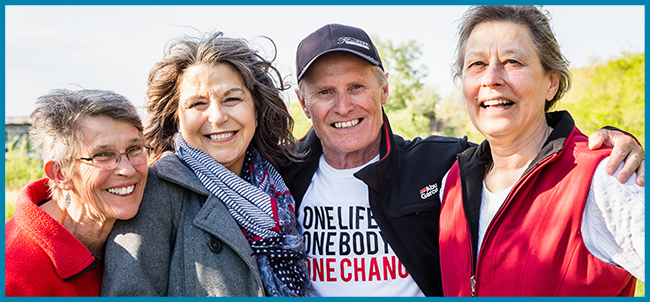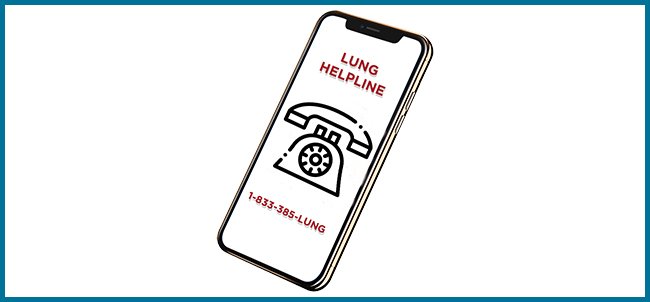Prevention & Vaccination
Vaccination
The best way to prevent pertussis is to get vaccinated. The pertussis vaccine is safe. Serious side effects are very rare. If a vaccinated child does get whooping cough, the disease will often be far less severe due to protection from the vaccine.
There are vaccines for infants, children, preteens, teens and adults. The pertussis vaccine is part of the DTaP (diphtheria, tetanus, acellular pertussis) immunization. DTaP immunizations are given in a series of five doses starting at 2 months of age. Teens and adults also need booster shots. This booster shot is very important for anyone who is in close contact with babies younger than one year old. Adults and teens experience more than half of all pertussis infections. If you have never had a booster, talk to your doctor about the getting vaccinated.
The vaccine to protect against whooping cough is provided free to all young children and adults in Canada as part of the publicly funded routine immunization schedule. Check out the Saskatchewan Immunization Schedule.
Wash Your Hands Often
One of the best preventive measures against bacteria and viruses is practicing good hand hygiene. Wash your hand frequently with soap and water for at least 20 seconds is helpful to prevent catching any germs.
Keep Your Distance
If you have cold symptoms, it is best to stay home so you don’t get others sick. At home, try to keep your distance from other members of the household or wear a mask inside. Limit exposure to large crowds as well.
Wear Masks
Wearing a mask in crowded spaces can help prevent bacteria and viruses from being spread. If you have to seek medical attention, ensure you are wearing a mask when leaving your home.
Follow Coughing and Sneezing Etiquette
Sneeze and cough into a tissue and then throw it into the trash. If you do not have any tissues, cough or sneeze on the inside of your elbow, not your hands. After touching your nose or mouth you immediately wash your hands.





